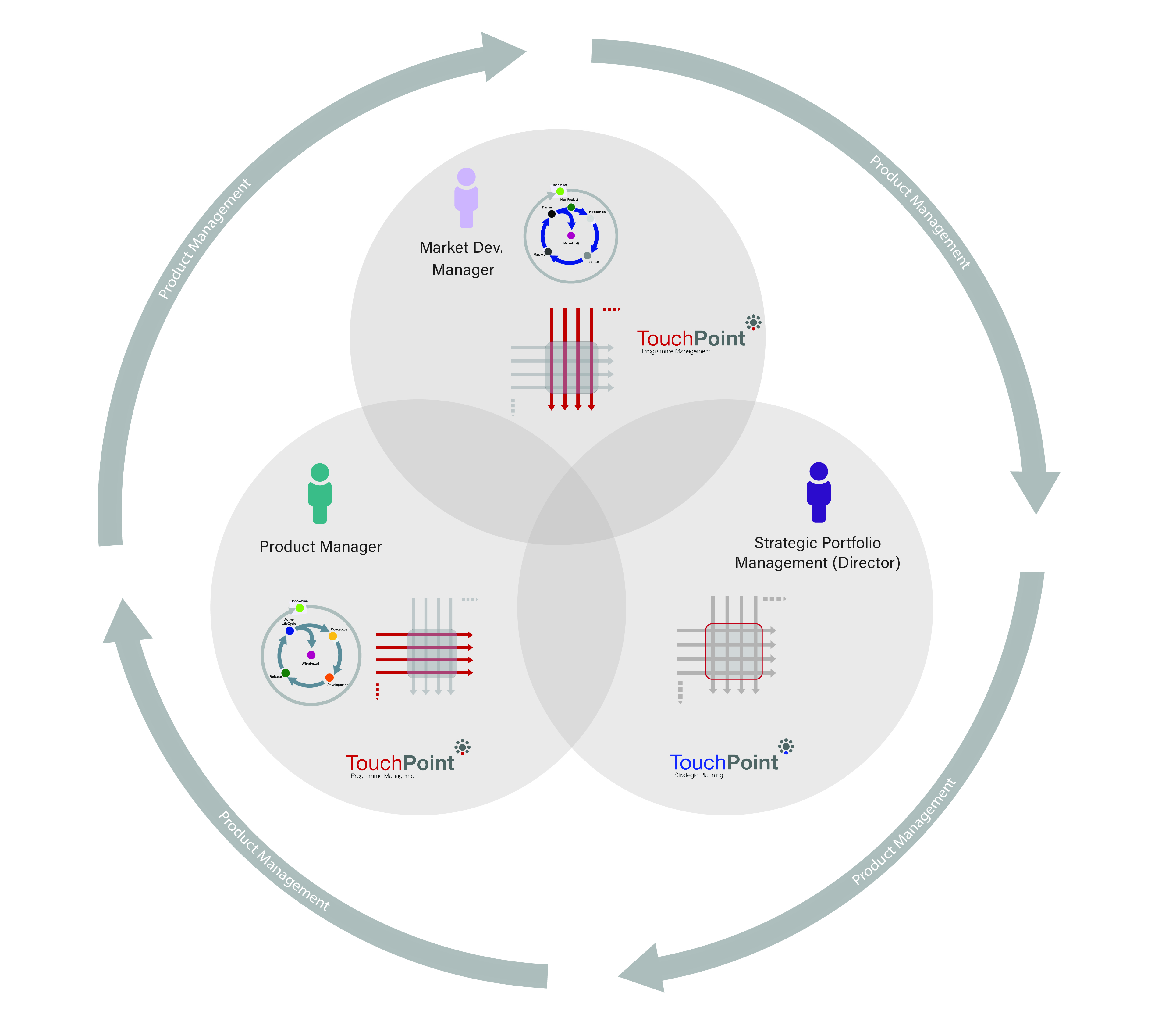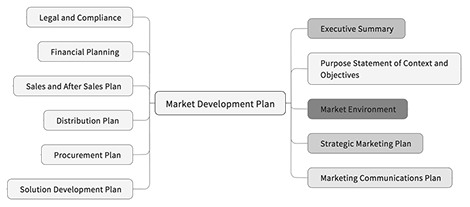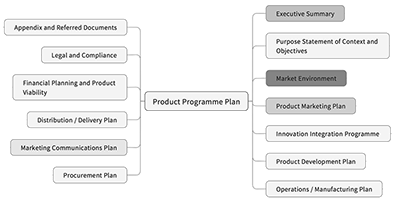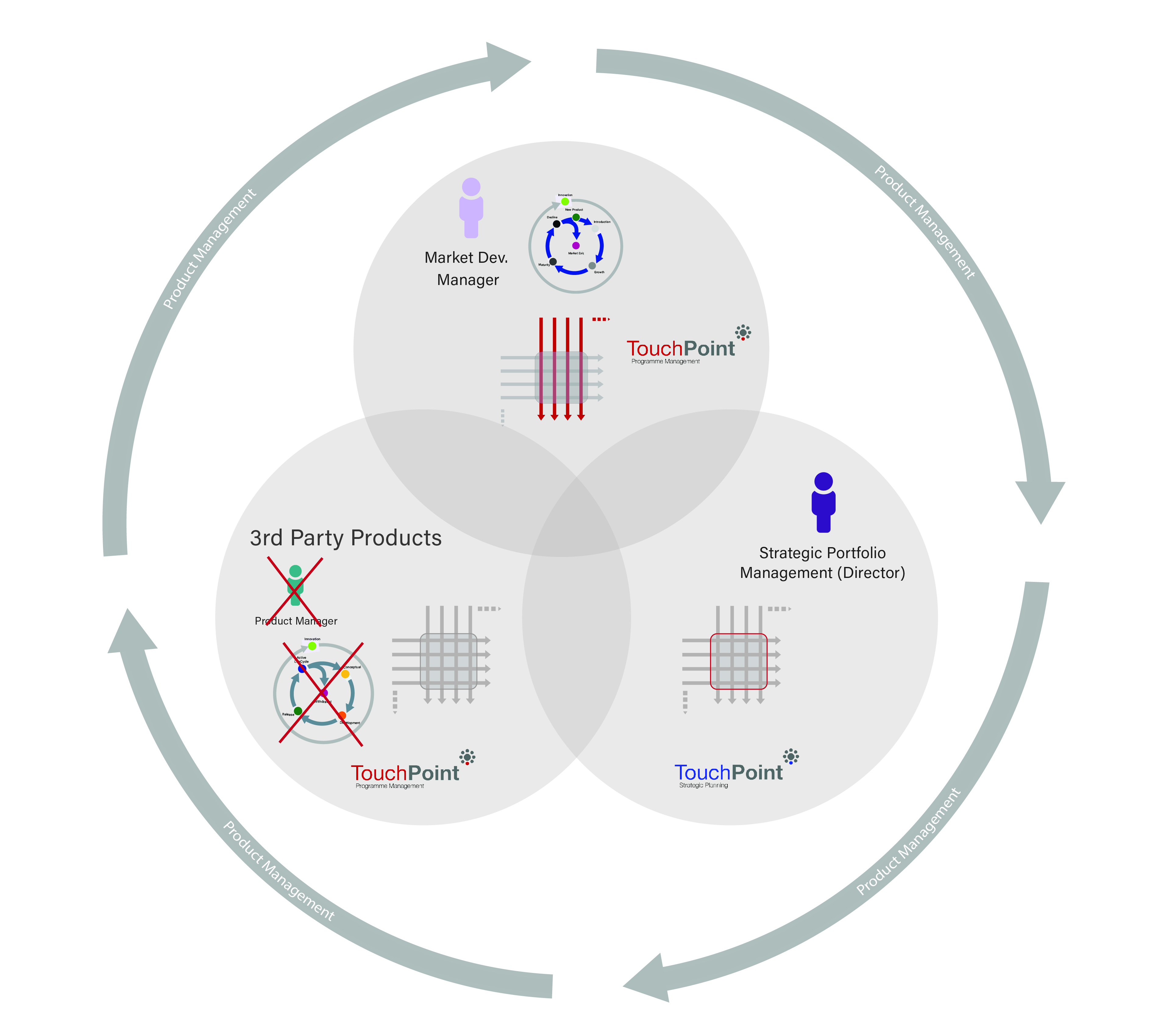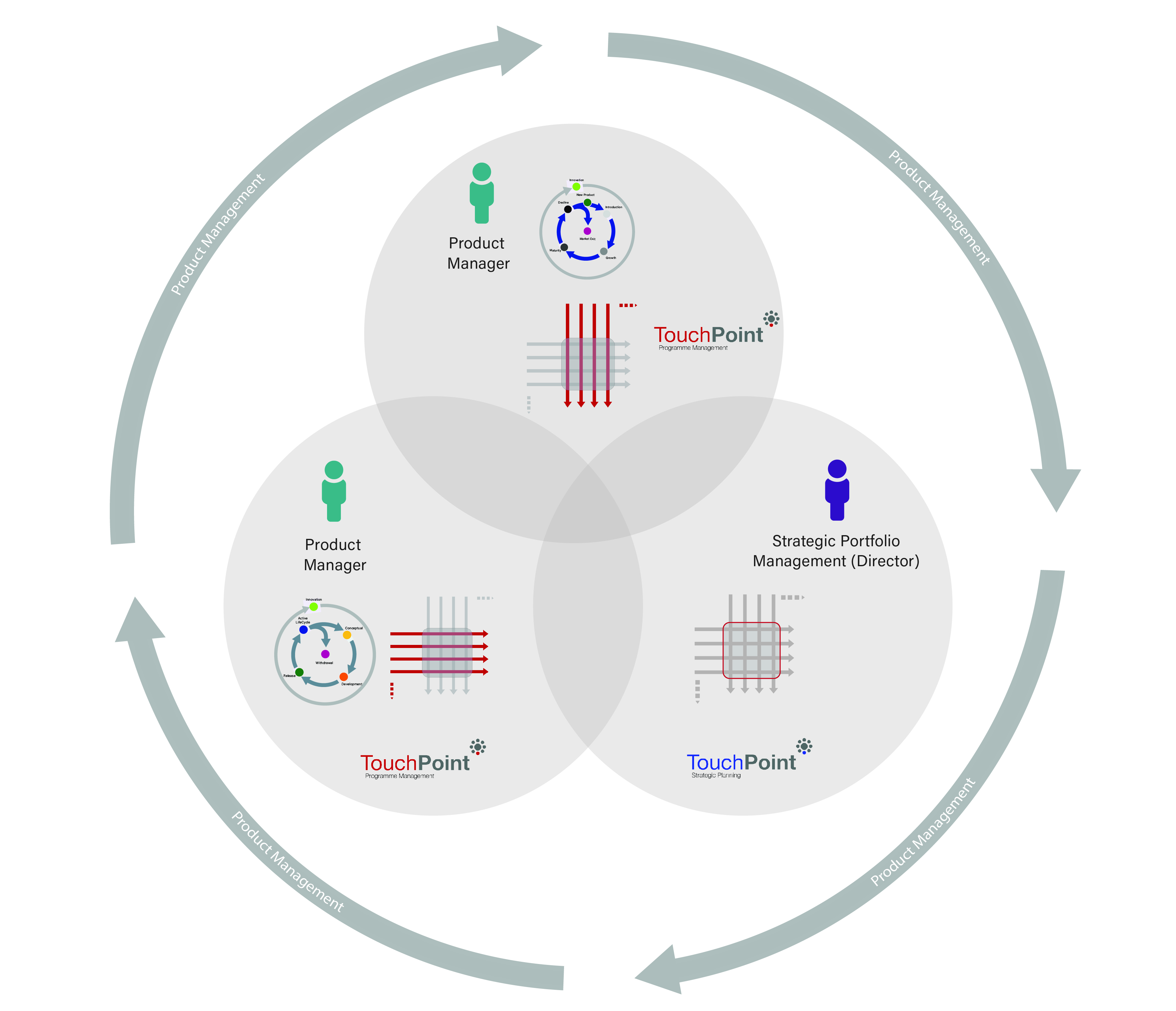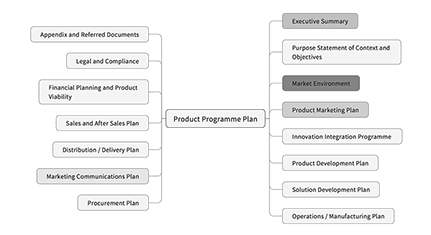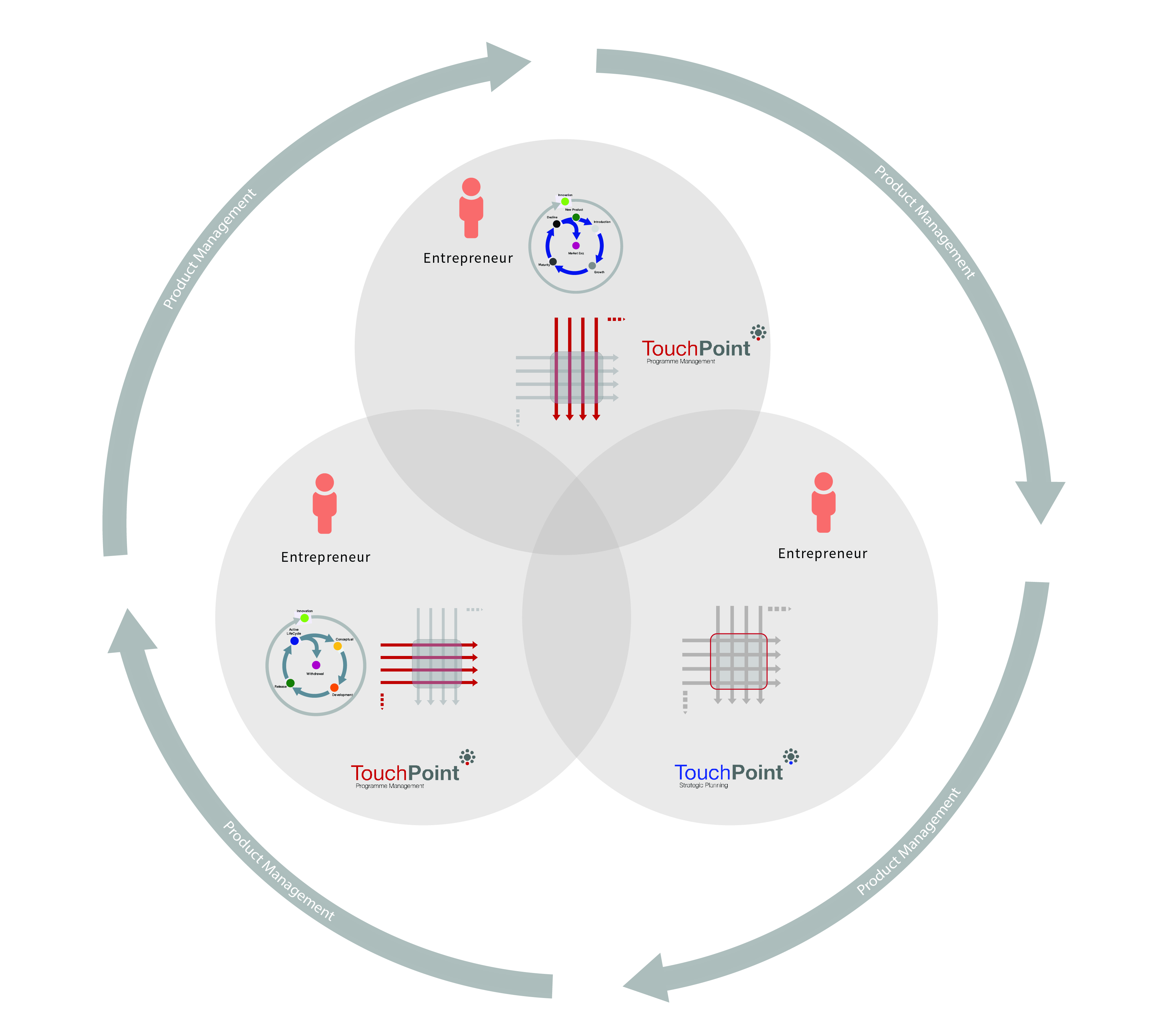Glossary
Logout
©Copyright Arcturus 2022, All Rights Reserved.
7
Terms & Conditions
|
|
|
|
Security & Privacy
Contact
BUSINESS PLANNING ARCH. / TEMPLATE
| Introduction
Product Management as defined, is made up of 3 primary subject areas which in turn are individual disciplines in their own right, entitled: Programme Management, Market Development and Strategic Portfolio Management.
This section is a collective of Business Planning Frameworks, covering the (six) defined phases of the (Internal) Product LifeCycle from ‘Innovation to Withdrawal’. The overall purpose of the business framework is to provide a robust process to cascade business objectives and strategy (from Strategic Intent to tactical action) throughout the organisation. It is important to note however that the planning activities described are fundamentally a continuous business planning framework and actually move seamlessly across the described phases. Needless to say, these frameworks are inextricably linked to other process and activities of the PMM to include TouchPoints, Process Orientation and a collective of PMM Elements.
| Programme Management - Market Development - Strategic Portfolio Management Vs Framework Alignment
It is important to note, that the size / structure of a portfolio of Products (...mapped against their aligned Markets) do not change the core fundamentals and generic rationale. Likewise, the physical size of the business unit / Company does not change the overall concept. The ‘Start-up’ or ‘Entrepreneur’, for example has the same 'core disciplines' to manage, but perhaps not to the same depth as a large corporate entity. For the Entrepreneurial start-up the programme management activity may also not be as acute, or as crucial as if you were managing a large traditional portfolio, but the principles and rationale remain absolutely true. Significant benefits can therefore be realised across many areas if we follow method and manage our product portfolio in pragmatic and efficient way.
PMM 'frameworks' have been meticulously developed with an open architectural footprint, this enables you manage your Products / Services across individual 'life-cycles' and are structurally generic and robust for use in 'any' business. Obviously there is no such thing as a 'generic business', they come in all shapes and sizes with their own unique quirks and idiosyncrasies. As such this must be to be taken into account when deploying any management processes - it has to be right for the organisation concerned - a management process that is an incorrect fit or goes against the culture will be badly received and soon fall into disrepute. Senior management must believe in the system / process with a passion and results will undoubtedly flow thereafter.
The following defined variations are 'primary' variants (alignments) which have been further described thereafter :
1. Product Manager (Programme Management) + Market Development Alignment
2. Market Development Alignment
3. Product Manager Alignment
4. Entrepreneurial (Start-up) Alignment
1
Product Manager (Programme Management) + Market Development Alignment
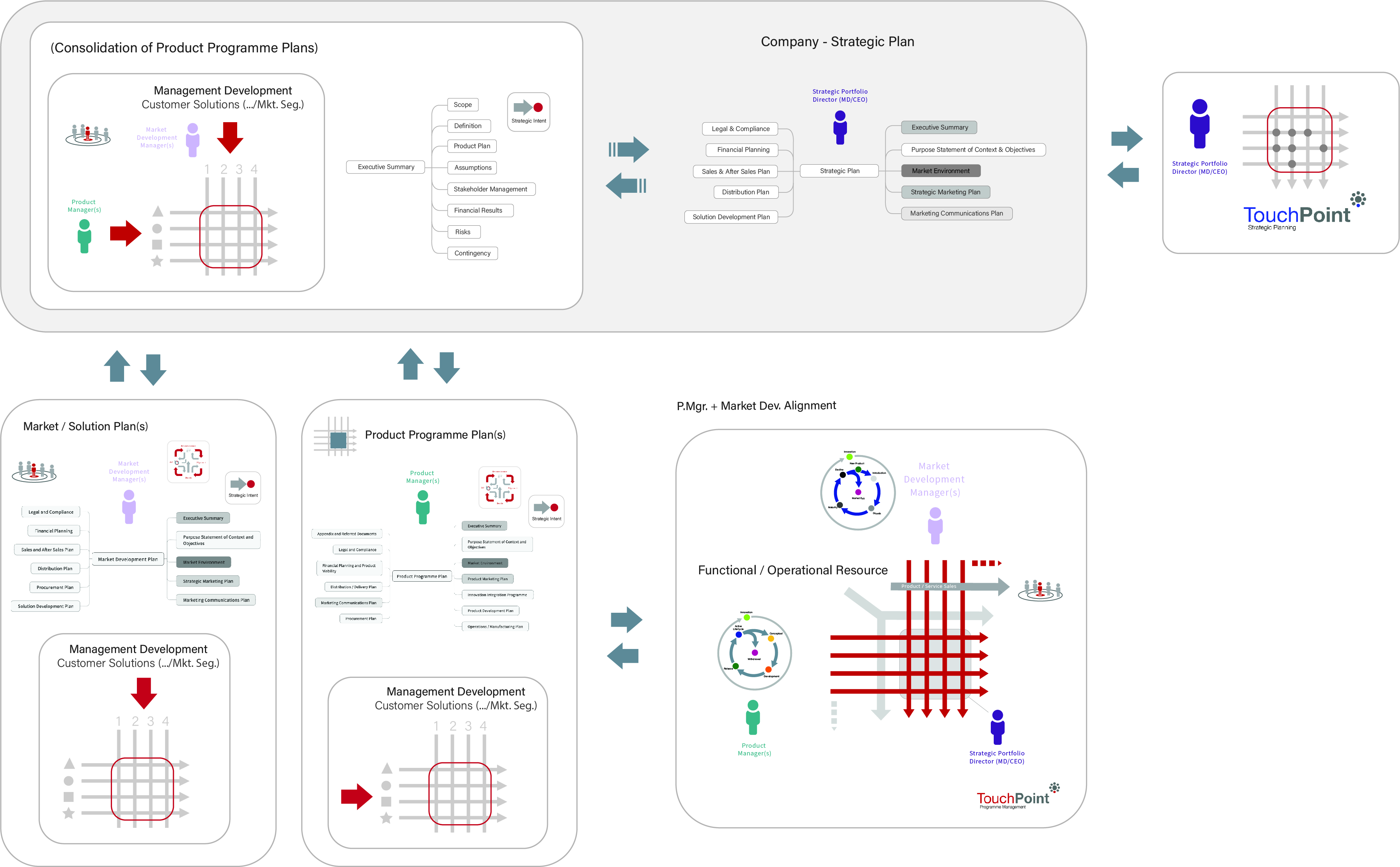
‘Click to Expand’




2
Market Development Alignment
‘Click to Expand’
.jpg)
‘Click to Expand’


3
Product Manager Alignment
.jpg)
‘Click to Expand’



4
Entrepreneurial (Start-up) -Alignment
‘Click to Expand’
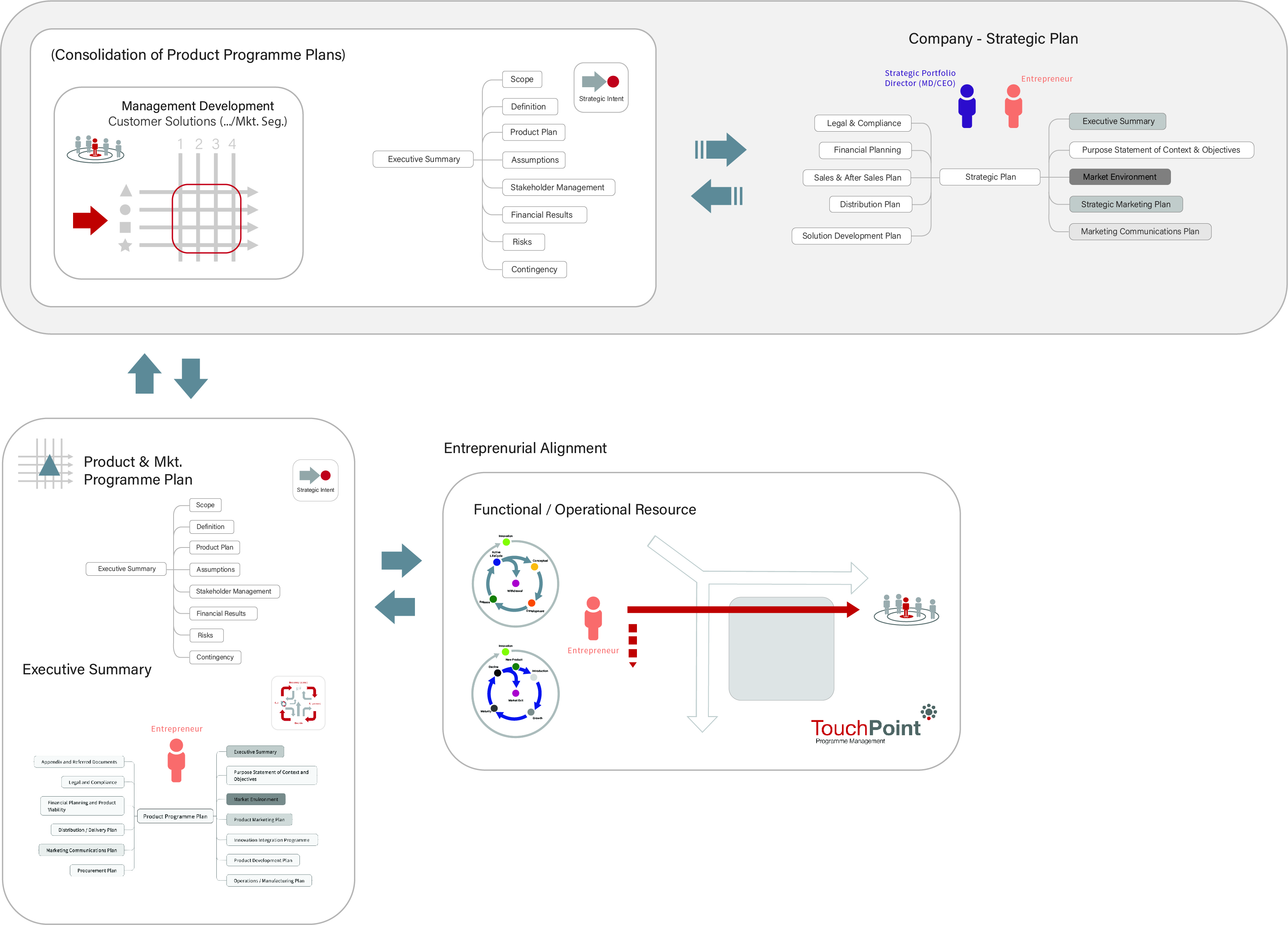
‘Click to Expand’



|Interdependencies Matrix - Management Phases Vs Tools & Processes






Matrix A
Matrix B
Matrix 1
Matrix 2
Matrix 2Z
Matrix 3
4 - 6
<
>
|Importance of Elements - Tools & Processes
Importance of Elements 'Tools & Processes' Per Mgt. Phase 1- 6
‘Hover and Click’
|Business Planning Framework - Management Phases Vs Tools & Processes

743x364.png?crc=4093201072)
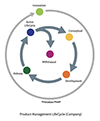
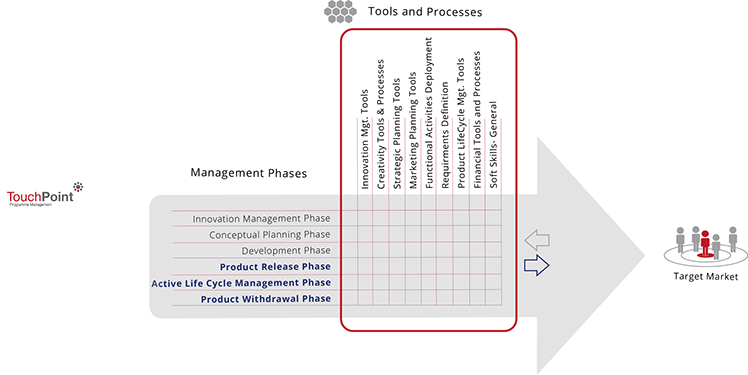


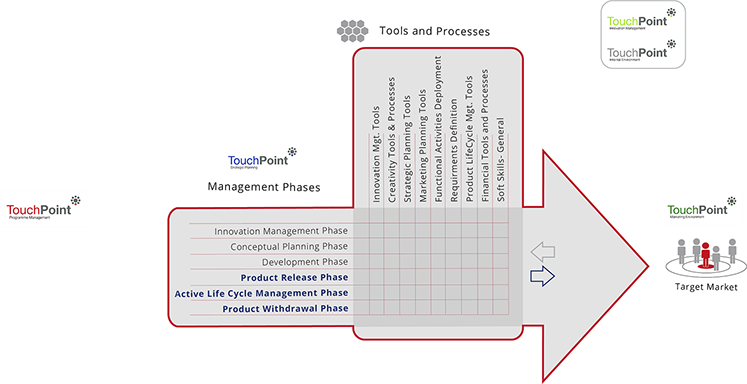


|Related Procedures
The following interrelationship maps indicate; suggested content from other models/processes which may have influence or an effect on the analysis of the title process. The left-hand column indicates information or impact from the named process and the left-hand column indicates on completion of the process/analysis it may have an influence or effect on the listed processes.
Note: A complete set (professional quality) of PMM interrelationship cards are available to purchase - please contact us for further details.
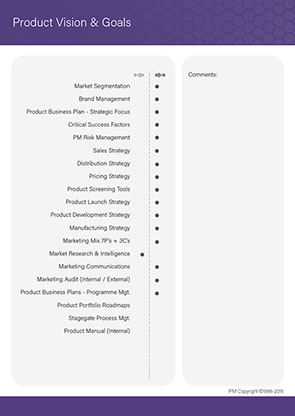
.png?crc=4137642852)
.png?crc=76446748)
|Strategic Business Models, Workshop Tools & Professional Resources
The IPM practitioner series, is a definitive and integrated training programme for management professionals operating in the Product Management arena. So whether you’re the Managing Director, Product Director, Product Manager or a member of the Multidisciplinary Team we are confident that you will find this particular training series to be one of the best available and an invaluable asset to both you and your company.
PMM - Professional Support







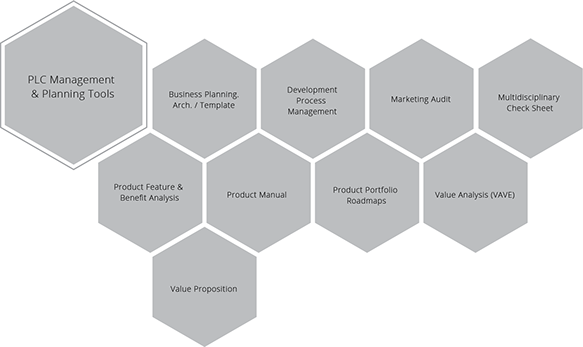
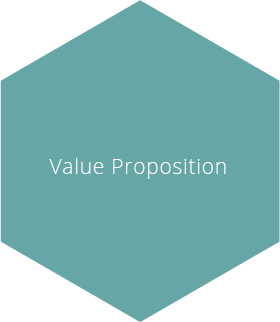
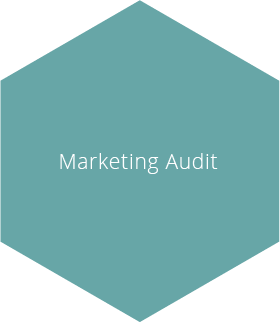
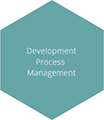
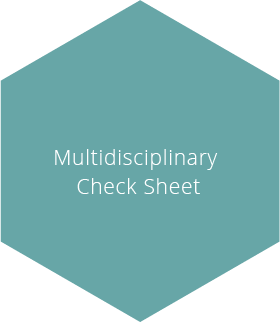
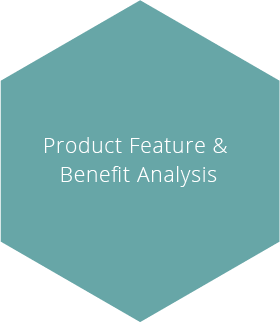


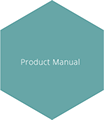

290x51.png?crc=428057808)

